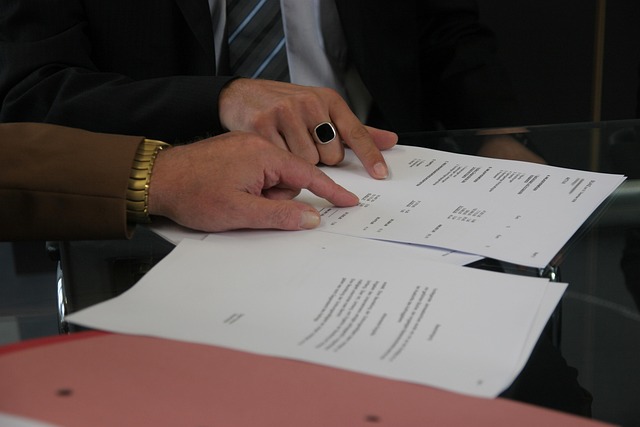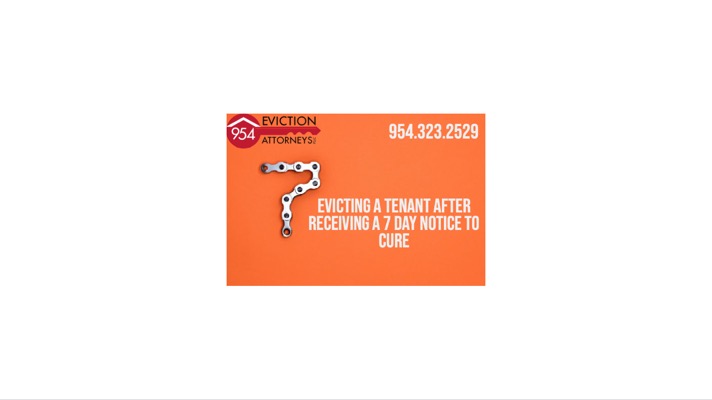
Florida Landlord Tip #4 is to know how to legally take back possession of your residential property. Once the Lease is terminated, a Landlord can only get back their property as provided in Florida Statute 83.59. The 4 ways a Landlord can regain possession is by an Eviction, Surrender, Abandonment, or by Death.
The reason why 954 Eviction Attorneys makes this Florida Florida Landlord Tip #4 is that far too often we see Landlords regain possession of their property by means other than what is described herein.
Be smart and if you need competent Eviction Lawyers on your side, call 954 Eviction Attorneys today @ 954.323.2529 to see how we can assist. We have Eviction offices in both Broward and Palm Beach Counties in order to better assist our clients. For your convenience, the entire Florida Statute is below.
83.59 Right of action for possession.—
(1) If the rental agreement is terminated and the tenant does not vacate the premises, the landlord may recover possession of the dwelling unit as provided in this section.
(2) A landlord, the landlord’s attorney, or the landlord’s agent, applying for the removal of a tenant, shall file in the county court of the county where the premises are situated a complaint describing the dwelling unit and stating the facts that authorize its recovery. A landlord’s agent is not permitted to take any action other than the initial filing of the complaint, unless the landlord’s agent is an attorney. The landlord is entitled to the summary procedure provided in s. 51.011, and the court shall advance the cause on the calendar.
(3) The landlord shall not recover possession of a dwelling unit except:
(a) In an action for possession under subsection (2) or other civil action in which the issue of right of possession is determined;
(b) When the tenant has surrendered possession of the dwelling unit to the landlord;
(c) When the tenant has abandoned the dwelling unit. In the absence of actual knowledge of abandonment, it shall be presumed that the tenant has abandoned the dwelling unit if he or she is absent from the premises for a period of time equal to one-half the time for periodic rental payments. However, this presumption does not apply if the rent is current or the tenant has notified the landlord, in writing, of an intended absence; or
(d) When the last remaining tenant of a dwelling unit is deceased, personal property remains on the premises, rent is unpaid, at least 60 days have elapsed following the date of death, and the landlord has not been notified in writing of the existence of a probate estate or of the name and address of a personal representative. This paragraph does not apply to a dwelling unit used in connection with a federally administered or regulated housing program, including programs under s. 202, s. 221(d)(3) and (4), s. 236, or s. 8 of the National Housing Act, as amended.
(4) The prevailing party is entitled to have judgment for costs and execution therefor.
Florida Landlord Tip #1
Florida Landlord Tip #2
Florida Landlord Tip #3
Florida Landlord Tip #4
Florida Landlord Tip #5




You must be logged in to post a comment.